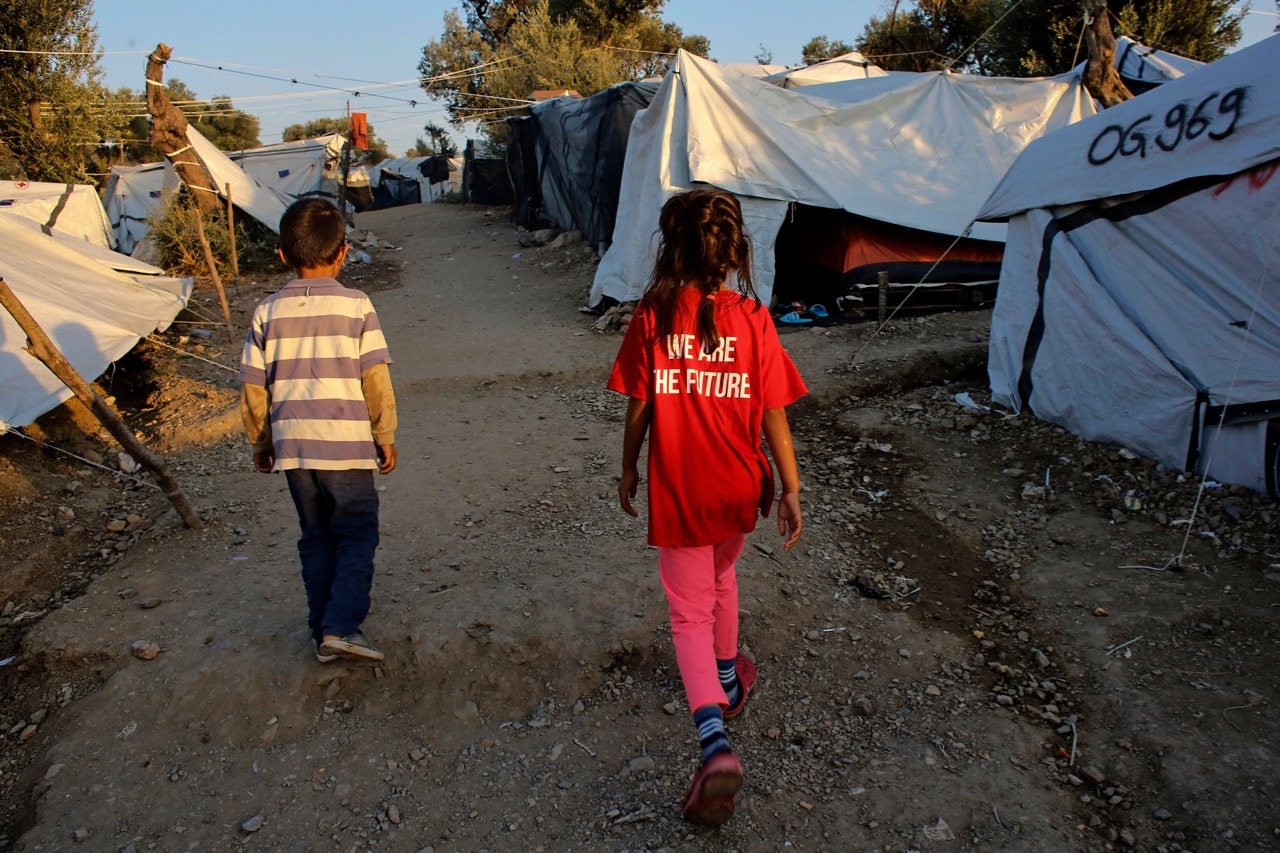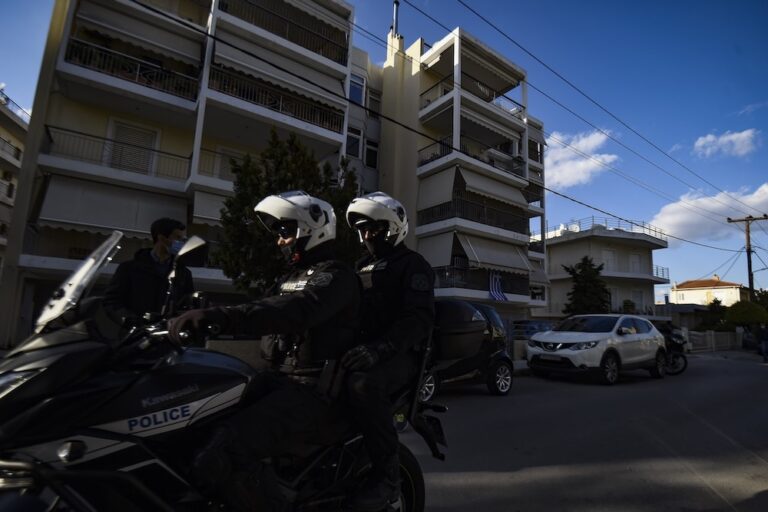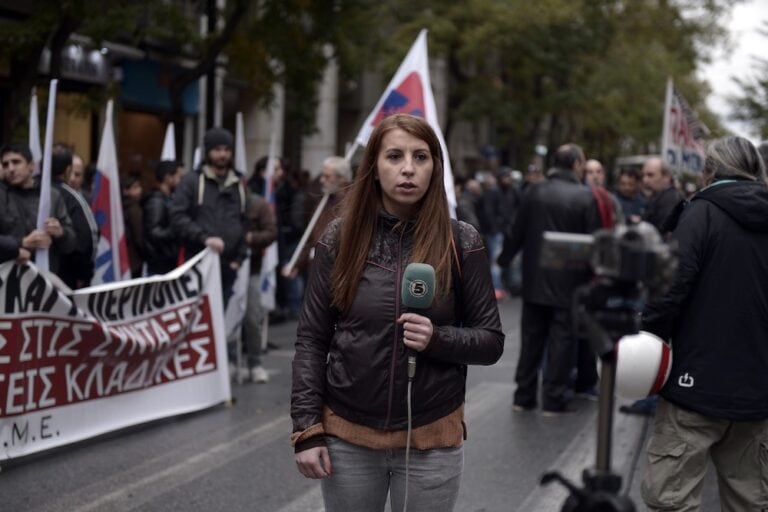Three journalists were arrested and held overnight in an Athens police cell after the defence minister, Panos Kammenos, filed a defamation complaint against them.
This statement was originally published on rsf.org on 26 September 2018.
Reporters Without Borders (RSF) regards last weekend’s overnight detention of three Greek newspaper journalists on suspicion of defaming the defence minister as “disproportionate” and calls for the repeal of Greece’s defamation law, under which journalists can be sentenced to imprisonment.
Thanassis Mavridis, the publisher of the Greek daily Fileleftheros, the newspaper’s editor, Panayiotis Lampsias, and political reporter Katerina Galanou spent the night of 22 September in an Athens police station as a result of the defamation complaint brought against them by defence minister Panos Kammenos.
They were detained after presenting themselves voluntarily to the police because Greek law regards defamation as a “flagrant” crime, with the result that anyone who is the target of a defamation complaint is subject to immediate arrest.
The complaint was brought over a 21 September story claiming that contracts awarded to the defence minister’s business associates for improvements in conditions at a refugee camp at Moria, a village on the island of Lesbos, constituted a misuse of European Union funding
Moria is one of the five hotspots in Greece where migrants stay while their asylum requests are examined. Under accords signed at an EU summit in March 2016, funding is available to Greek NGOs that help refugees and migrants but, as is often the case with EU funding, long and complicated procedures delay disbursement.
“We condemn the disproportionate arrest of journalists for daring to criticize a government minister,” said Pauline Adès-Mével, the head of RSF’s EU-Balkans desk. “The Greek authorities must repeal such retrograde provisions as use of the category of ‘flagrant’ crime to detain journalists in connection with their reporting.”
When the three Fileleftheros journalists were brought before the prosecutor assigned to the case on the morning of 23 September, he ordered their immediate release and opened a preliminary investigation into the defence minister’s complaint. The decision was hailed as a small victory for press freedom by the Greek media defence groups that had condemned the previous day’s arrests as abusive.
Greek and foreign journalists have often encountered obstacles in Greece in recent years while trying to cover the migrant crisis, which has emerged as a major humanitarian problem in the 21st century’s first two decades. Greece is ranked 74th out of 180 countries in RSF’s 2018 World Press Freedom Index.



